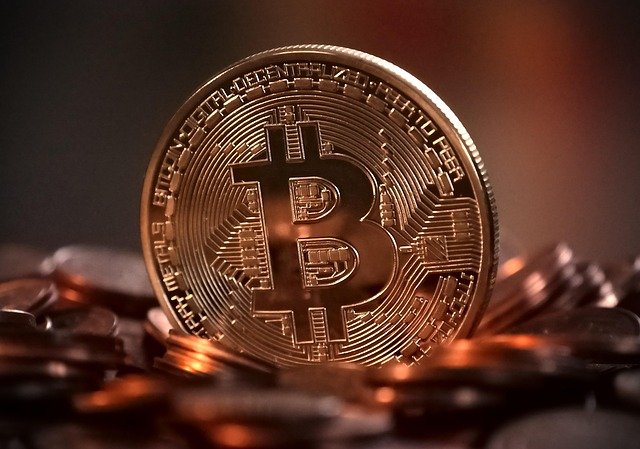"Debunking the Myths: Understanding the Real Estate Bubble Phenomenon"
Introduction: The term 'Real Estate Bubble' is often thrown around in discussions about the property market. But what exactly is it, and how does it impact buyers, sellers, and investors? This article delves into the real estate bubble, separating facts from fiction and providing a comprehensive understanding of this market phenomenon.
Unraveling the Concept of a Real Estate Bubble
A real estate bubble, or a housing bubble, is a period of rapid growth in property prices, driven by speculation, demand, and often, irrational exuberance. This period is typically followed by a sharp downturn when the bubble ‘bursts.’ Bubbles are notoriously difficult to predict and can have severe implications for the economy, as witnessed during the 2008 financial crisis.
The Anatomy of a Real Estate Bubble
A real estate bubble usually begins with an increase in demand, often spurred by low interest rates, favorable economic conditions, or rapid population growth. As demand outpaces supply, property prices rise. This upward trend encourages speculation, as buyers purchase properties with the intention of selling them for a profit, thus further inflating prices.
The Flip Side: The Bursting of the Bubble
The bubble ‘bursts’ when property prices become unsustainable, leading to a rapid drop in demand. This can be triggered by a variety of factors, including an increase in interest rates, a slowdown in the economy, or a change in market sentiment. When prices fall, many owners find themselves unable to sell their properties for a profit, leading to a surge in defaults and foreclosures.
Impact on Buyers, Sellers, and Investors
The real estate bubble can create a volatile environment for all market participants. Buyers may find themselves paying inflated prices for properties, only to be left with negative equity when the bubble bursts. Sellers, on the other hand, may struggle to sell their properties in a falling market. Investors, particularly those engaged in speculative buying, may face significant losses.
Navigating through the Bubble: Strategies and Considerations
Despite the risks, it’s possible to navigate through a real estate bubble. For buyers, this might mean waiting for the bubble to burst before purchasing a property. Sellers may need to adjust their expectations and be prepared for longer selling periods. Investors should diversify their portfolios and avoid over-reliance on real estate.
In conclusion, understanding the real estate bubble phenomenon is crucial for anyone involved in the property market. By staying informed and adopting appropriate strategies, it’s possible to navigate through the volatility and capitalize on opportunities.





